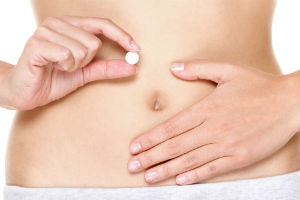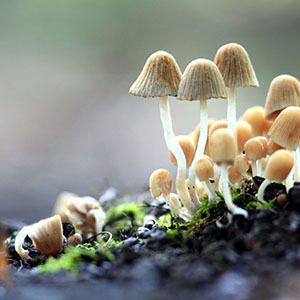This post might not be for the squeamish, but give it a chance! From a scientific standpoint, human feces can be very interesting; if nothing else, all the buzz around using methane gas (harvested from manure) as an energy source is huge. So hold on for this one: here’s 5 crazy facts about poop that may surprise you. (more…)







